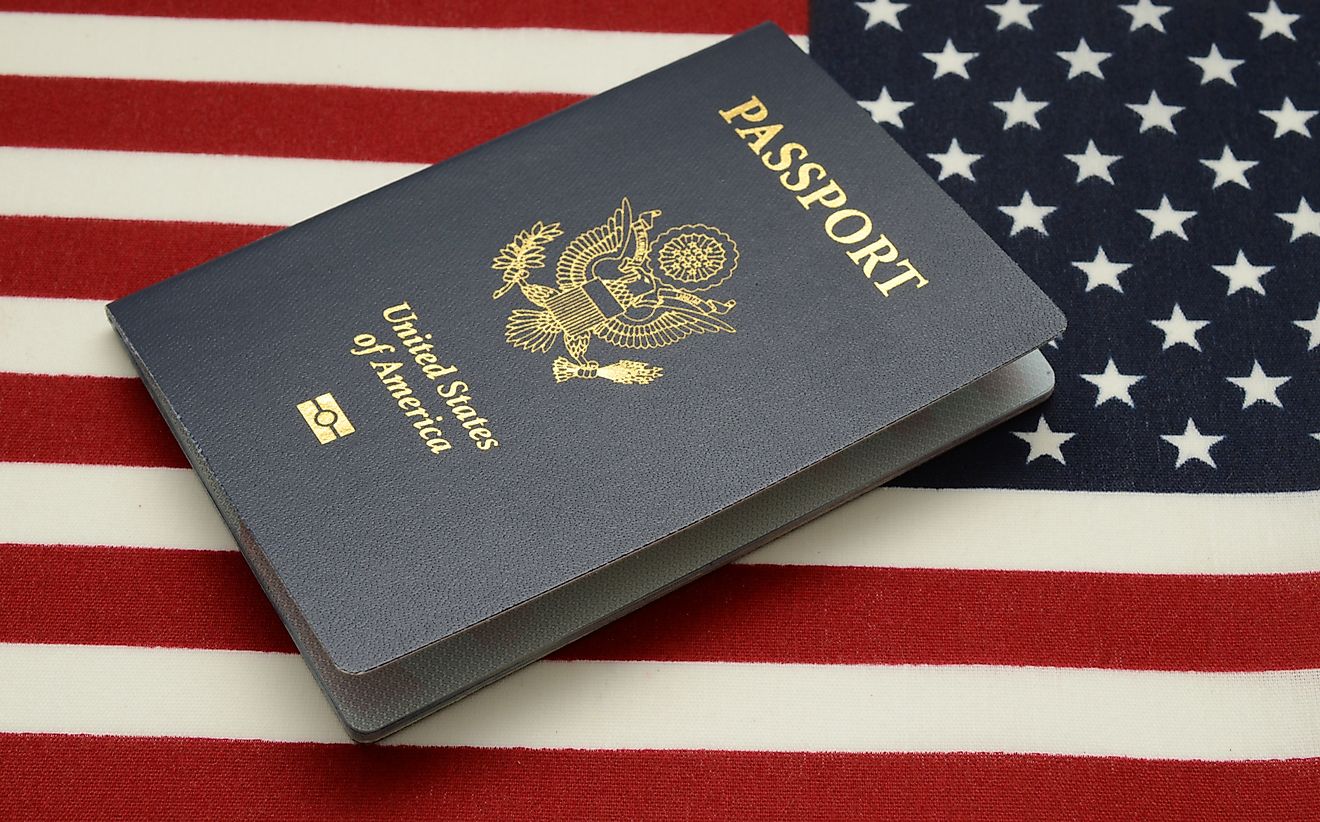
It is also possible to file an I-130 petition for an adopted child, but only if the adoption was legally complete before the child's sixteenth birthday and the child has been in the legal custody of, and has resided with, the adopting parent for at least two years. The child must also be under age 21 at the time a visa number is available to be classified as a "child" rather than a married or unmarried son or daughter. It is possible to file an I-130 petition for a stepchild, but only if the marriage that created the relationship occurred before the child's 18th birthday. Permanent residents may petition for unmarried sons or daughters (children age 21 and older who are not married), but may not petition for a married son or daughter. A child who is married is called a "married son or daughter" and only US citizens may petition for married sons or daughters. A "child" as defined by law is is only a child who is under age 21 and unmarried at the time a visa number is available. A US permanent resident may file a petition for a spouse or child, but not a parent, brother or sister. For Whom Can You File a Family Petition?Ī US citizen may file a petition for a spouse, parent, child, brother or sister. All other nationals were made to share the remaining 30 percent of visa numbers and were subject to very long queues.Ĭongress amended the Immigration and Nationality Act on Octo(Hart-Celler Immigration Bill) to reorient the quotas to apply based on how many applicants from each country applied rather than with regard to the demographic make up of the US population. Under the 1921 law roughly 70 percent of all quota numbers were allotted to the nationals of the United Kingdom, Ireland and Germany and most went unusued. The Child Status Protection Act (CSPA) protects children who turn 21 while USCIS or the State Department processes an application for residence, but CSPA does not protect a child who turns 21 before she is eligible to adjust status.Ĭongress passed the first immigration quota system in 1921 that restricted the number of immigrants admitted from any country annually to three percent of the number of residents from that same country living in the United States as reflected in the 1910 US census. If the petitioner is a US citizen, even if the foreign national spouse, parent, or child overstayed on a tourist visa, or while in other temporary status, usually the family member may obtain US permanent residence without paying a fine and with relatively little complication.Ī child must be under age 21 at the time you file the petition and a visa number must be available to the child before she turns age 21. H-1B File Maintenance, H-1B Audits, I-9 Compliance, Staffing/Consulting Companies, H-1B Dependency.Īggravated Felonies, Crimes Involving Moral Turpitude, Bars to Deportation Defenses, Bars to Naturalization, U visas.ĭuty to Withdraw H-1B, Employer Liability for Errors, Layoff and PERM, H-1B Layoffs.Īdjustment of Status, Citizenship, Consular Process, Medical Exams, 3 & 10 Year Bar, Advance Parole, EAD.īoth US citizens and permanent residents may file a petition for a foreign national spouse, parent, or child to immigrate to the United States permanently. Release on Bond, Cancellation of Removal, 245(i) Special Education, Waivers, Asylum, GLBT Issues, Withholding, CAT, Voluntary Departure, Appeals.


PERM Labor Certification, Multinational Managers, Outstanding Researchers, National Interest Waivers, I-140 Portability, Ability to Pay. Spouses, Parents and Children, Siblings, Fiancées, Affidavit of Support, K-3, Conditional Residence, CSPA. H-1B worker, L-1 multinational, O-1 research, TN NAFTA, E-1, E-2 Treaty Investor, J-1, F-1.


 0 kommentar(er)
0 kommentar(er)
